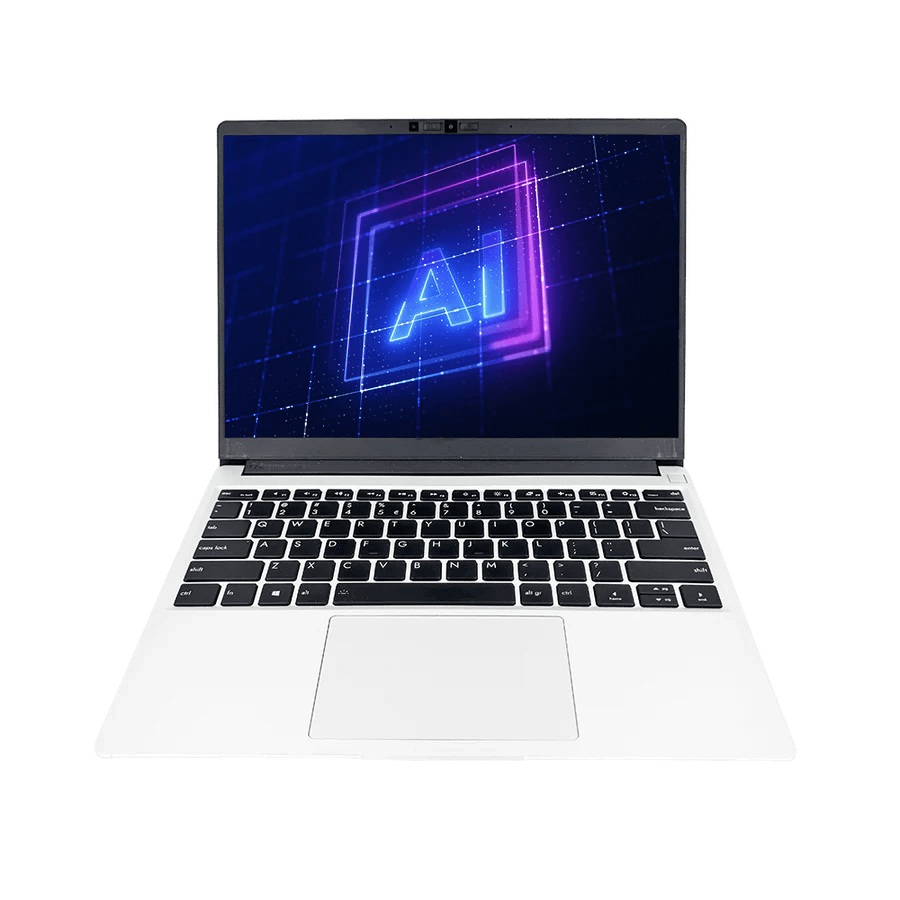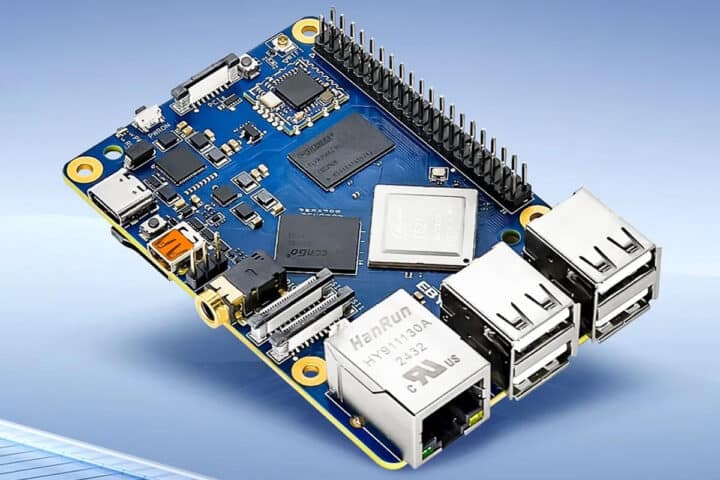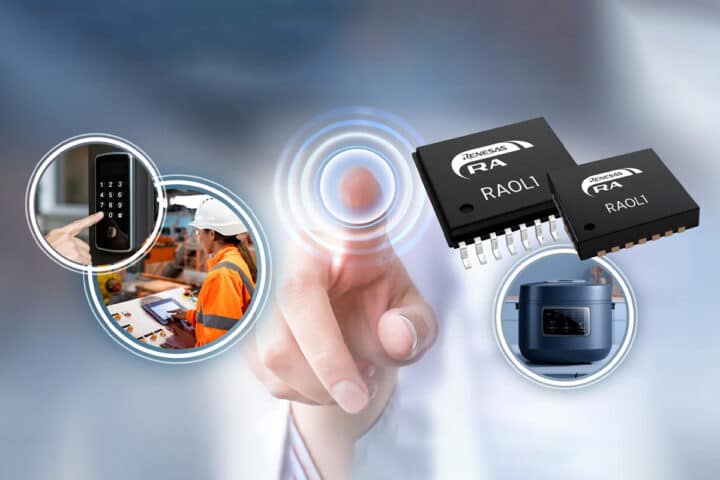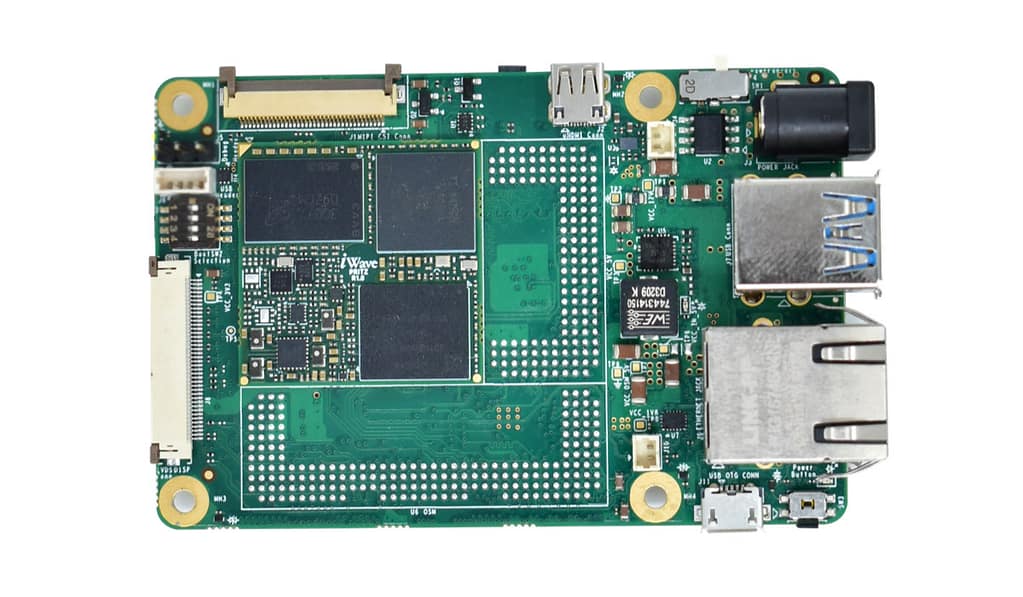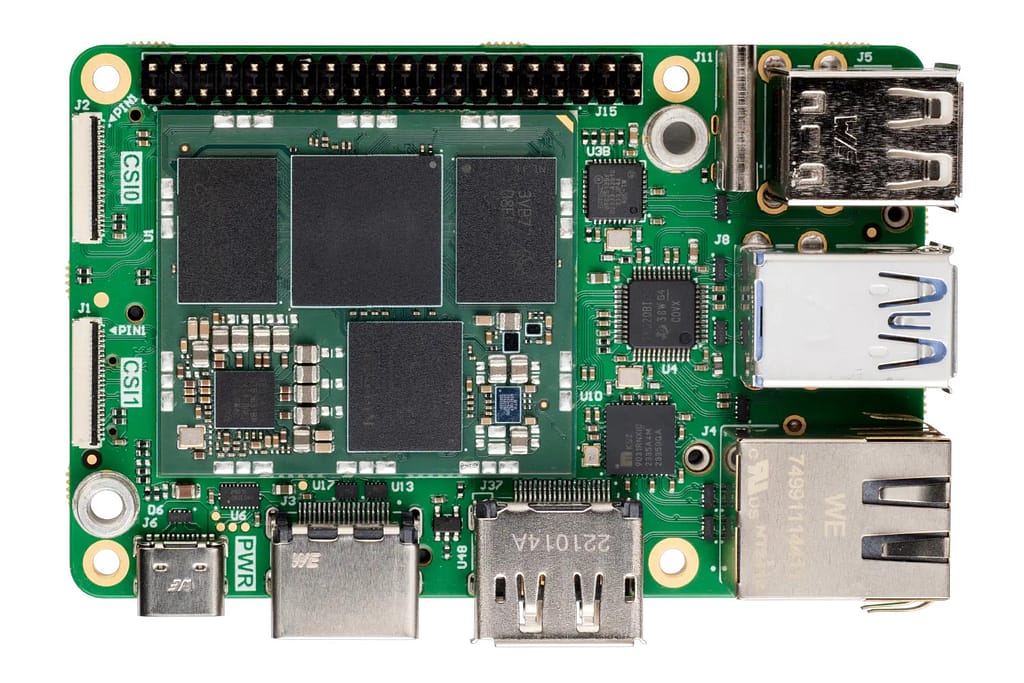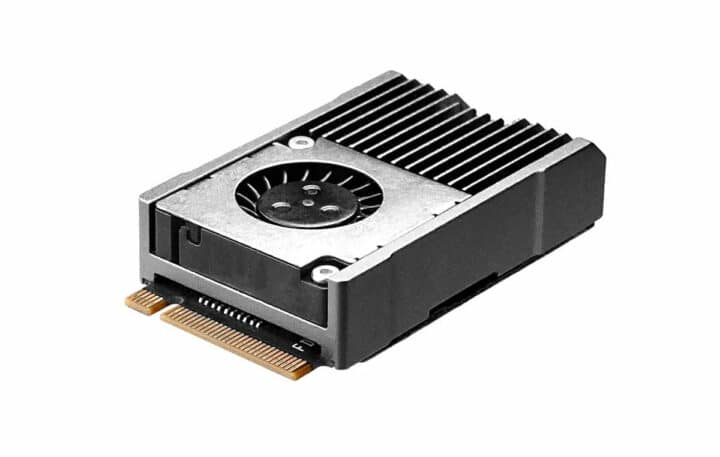The Ubo Pod Developer Edition (DE) is an open-source platform built around the Raspberry Pi 4 or Raspberry Pi 5, designed to enable AI-powered visual recognition and conversational voice interaction. Aimed squarely at developers and makers who want full control over their AI experience, Ubo Pod represents an open, transparent alternative to proprietary “black box” smart assistants like Amazon Echo or Google Nest.
This device combines speech-to-text, LLM/VLM execution, text-to-speech, tool invocation, and event-triggered automation in one compact unit. Unlike most commercial smart speakers, Ubo Pod can run entirely offline, supporting local AI deployment in addition to cloud-based integrations. It features a built-in color display with an embedded GUI and a browser-based WebUI, allowing users to set up and control the system with zero coding experience.
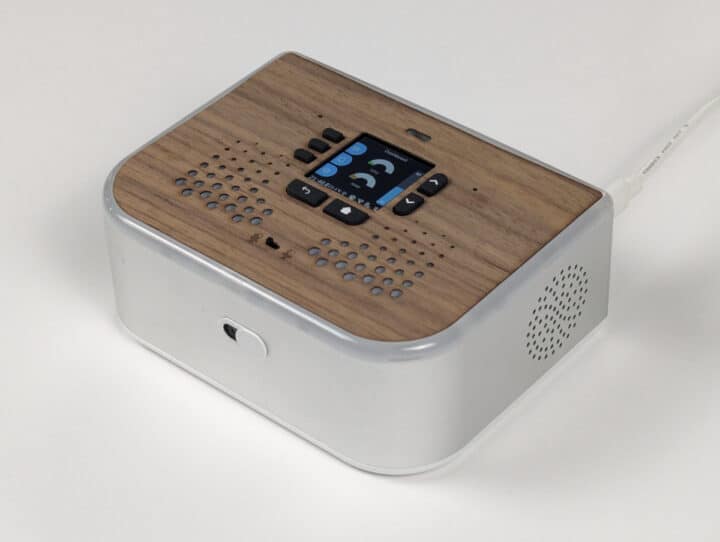
Technical Specifications
Core SBC Configuration
| Model | Single-Board Computer |
|---|---|
| Ubo Pro 4 | Raspberry Pi 4 |
| Ubo Pro 5 | Raspberry Pi 5 |
Storage
| Configuration | Details |
|---|---|
| Standard | 32GB microSD card preloaded with OS |
| Ubo Pro 5 Exclusive | M.2 PCIe slot supporting NVMe SSD or AI accelerator |
Display & Camera
| Component | Specification |
|---|---|
| Display | 1.54” color TFT IPS, 240×240 pixels |
| Camera | 5MP built-in camera; Pi 4 supports Camera Modules V1/V2, Pi 5 adds Module 3 |
Audio System
| Feature | Specification |
|---|---|
| Microphone | Dual stereo microphones, up to 48 kHz |
| Speaker | Stereo, 48 kHz, THD < 0.1%, 1 W mono output |
| Line Out | 40 mW @ 3.3V, 16Ω; THD -75 dB @ 20 mW; SNR 90 dB; auto jack detection via WM8960 |
Networking
| Connection | Specification |
|---|---|
| Ethernet | Gigabit RJ45 |
| Wireless | WiFi 5 and Bluetooth 5.0 |
USB Ports
| Type | Count |
|---|---|
| USB 3.0 | 2 |
| USB 2.0 | 2 |
Sensor Modules
| Type | Specification |
|---|---|
| Temperature | NXP PCT2075, -25°C to 100°C, ±1°C accuracy |
| Ambient Light | VEML7700, 0–120 klx, 0.0036 lx/count resolution |
Other Features
| Feature | Description |
|---|---|
| Control Buttons | Power + 7 soft-touch function keys |
| LED Ring | 27 individually addressable RGB LEDs (SK6812), NeoPixel compatible |
| Infrared | Receiver (TSOP75238, 5 m range) + 4x 940 nm emitters (VSMB10940) |
| Privacy | Physical camera shutter and mic cutoff switch |
| Cooling | Active thermal management |
| Dimensions | 130 × 99 × 52 mm |
| Weight | 340 g |
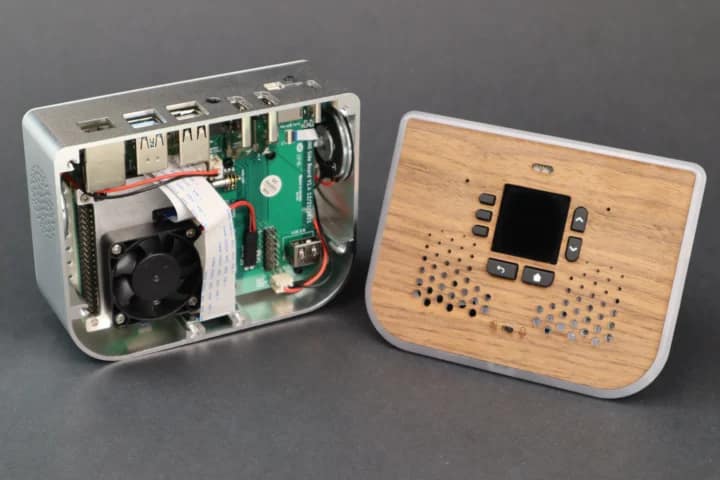
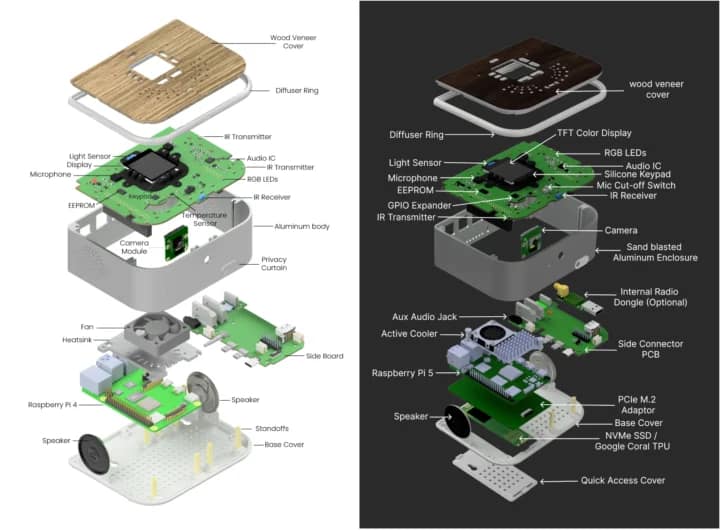
Software and Open Development
Ubo Pod runs Raspberry Pi OS and comes with the Ubo App, a Python-based open-source application hosted on GitHub. Developers can install and test the Ubo App on their existing Raspberry Pi 4/5 without purchasing the hardware.
The device supports integration with over 50 AI service providers, covering speech recognition, TTS, vision processing, memory management, and large language models (LLMs). Both cloud-based and local AI deployments are supported.
Developers can extend its capabilities easily through a gRPC API — new modules or features can be added with just a few lines of code.
Example Applications:
- “Memo” voice assistant with context memory
- Voice-to-image generation tool
- Visual-Language Model (VLM) image captioning
- Infrared-controlled voice automation (e.g., controlling a TV)
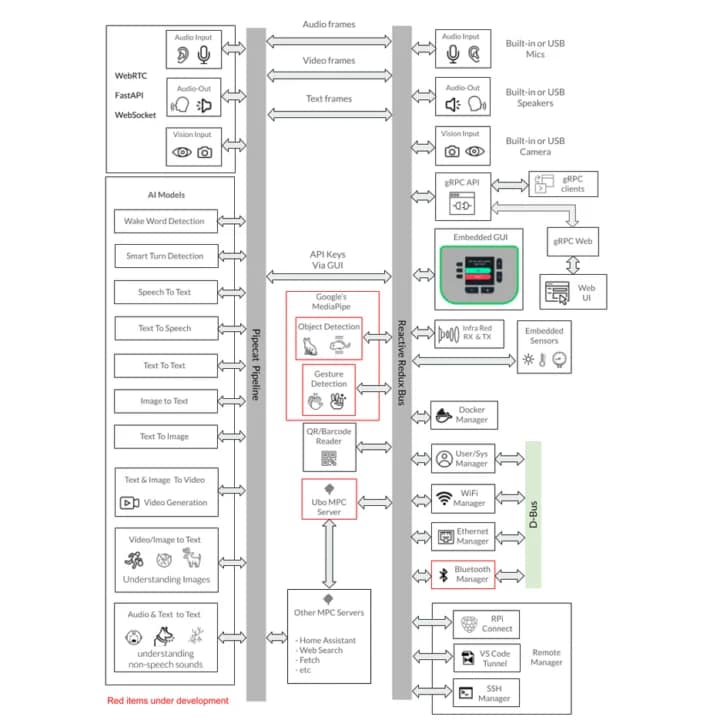
Open Hardware, Open Future
Beyond software, Ubo Pod embraces complete hardware openness.All PCB schematics, mechanical CAD files, and component layouts are publicly available on GitHub, allowing enthusiasts to modify or extend the design freely.
An official overview video and a 30-minute deep-dive demo are available for those who wish to explore Ubo’s architecture in depth.
Kickstarter Launch & Pricing
Ubo Technology has officially launched Ubo Pod on Kickstarter, aiming to raise $25,000 to bring the open-source personal AI assistant to a wider audience.
Model Starting Price Includes SBC?
- Ubo Pro 4 $109 No (Raspberry Pi sold separately)
- Ubo Pro 5 $129 No (Raspberry Pi sold separately)
More information, videos, and documentation are available on the official website and Kickstarter campaign page.

